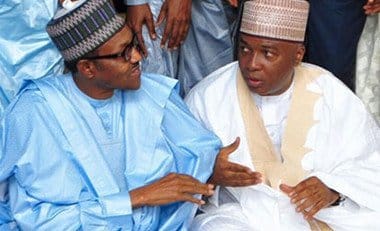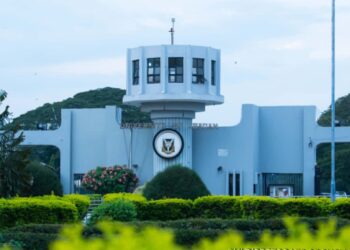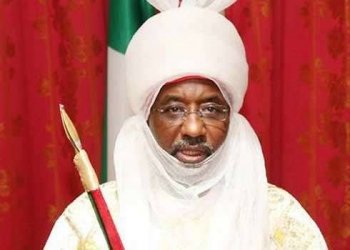THE National Assembly has again formally written President Muhammadu Buhari requesting him to address a joint session of the legislature in respect of the economic recession currently bedeviling the country.
Senate President, Bukola Saraki, who doubles as the chairman of National Assembly, had on Thursday formally communicated the decision of the two chambers of the parliament to the president.
Sources in the legislative chambers told the Sunday Tribune that the National Assembly left the date open for the president to choose.
A source privy to the development said on Saturday that, “The Senate President, who is the chairman of National Assembly, has in his capacity and in fulfilment of the resolutions of the Senate and the House of Representatives, written to President Buhari, asking him to come and address a joint session of the chambers on the plan by his administration to end recession.
“The president is to pick a date of his choice for the address,” the source said.
The House of Representatives had on September 22 passed a resolution seeking to invite the president to address a joint session of the National Assembly on his plans to end recession.
The Senate agreed with the House resolution on October 6, paving the way for a joint resolution which has now been communicated to the president.
After two days of debates on the issue of recession, the House of Representatives in September resolved to reach out to the Senate to invite Buhari to a joint session.
Most speakers during the House debate identified the Treasury Single Account Policy, Foreign Exchange policy and infrastructure management in the country as some of the issues the president needed to address them on.
The Senate, which also devoted three days to debate the economy, arrived at a 20-point resolution which they believed would move the economy forward.
Senate’s motion was entitled: “Concurrence to House resolution” and its key objective is to “Invite the President, Commander-in-Chief, to address a joint session of the National Assembly to intimate it on plans to get the country out of recession to enable the House take further legislative action.”
The Senate had resolved that it was imperative for the president to clarify the true state of the economy to the lawmakers to enable them propose necessary amendments to the laws.
Some of the resolutions passed by the Senate included the rejection of the planned sale of national assets to shore up revenue and the need to ensure meaningful dialogue between the Niger Delta militants and the government.
The resolution read in part: “Government must engage in meaningful and inclusive dialogue with the aggrieved Niger Delta militants to avoid escalation of the unrest in the region and ensure protection of Nigeria’s oil and gas assets to facilitate increase in oil production and boost revenue therefrom.
“That the president should, as a matter of urgency, appoint a senior special assistant who should lead a team that coordinates the government’s engagement with all stakeholders in the region, specifying that the team should include senators from the zone.”
“The president to reconstitute the Board of Central Bank (CBN) and all other critical agencies in order for them to operate in accordance with the enabling laws.”









